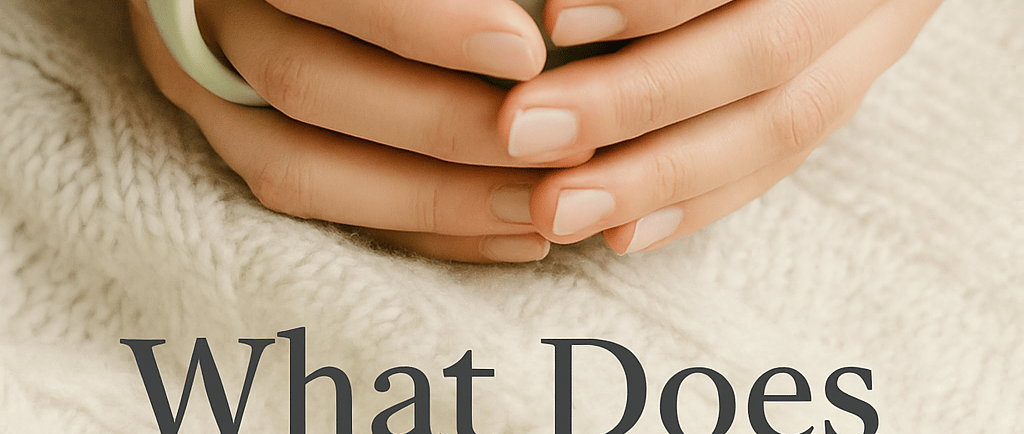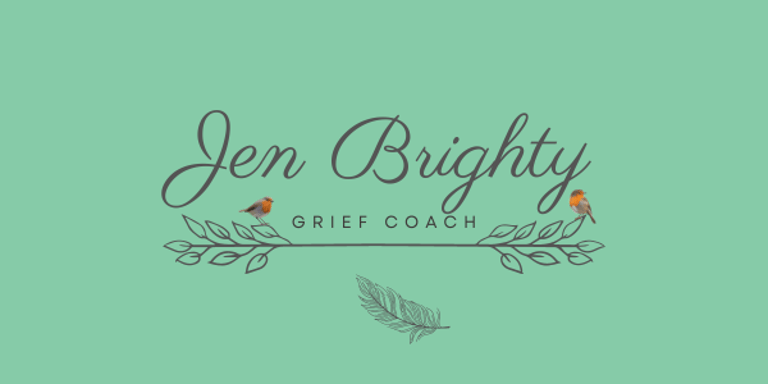What Does Grieving ‘Properly’ Even Mean?
Wondering if you’ve grieved properly? This post explores real grief, guilt, and why there’s no one right way to heal after loss.


What Does Grieving ‘Properly’
Even Mean?
One thing I hear a lot in my work as a grief coach is this:
“I don’t think I’ve grieved properly.”
It usually comes with a quiet kind of guilt — a sense that something has been missed, or done wrong.
So I often ask: “What do you think grieving properly should have looked like?”
That’s when people pause. Because most of us carry this invisible checklist about grief — one we’ve absorbed from films, media, or how others around us reacted. We think grief looks like crying every day, being unable to function, visiting a grave regularly, or maybe even falling apart for a while.
But here’s the truth: grief doesn’t follow rules.
It isn’t neat, and it certainly isn’t a one-size-fits-all experience.
There’s No 'Right' Way to Grieve
Some people cry, others don’t.
Some want to talk, others go quiet.
Some throw themselves into work or parenting or running — and feel guilty because they’re doing rather than feeling.
But none of these are wrong.
They’re just different ways humans survive loss.
Grief has a start date — the moment your loss happens. From that day on, every time you get up, get dressed, and do what needs to be done, you are grieving.
It might not look like grief, but relying on muscle memory and soul memory to keep going is part of it.
Throwing yourself into work? That’s grieving.
Going through the motions, doing what you know without thinking? That’s grieving too.
Just because your grief doesn’t match a stereotype doesn’t mean it isn’t real.
If you are grieving in a way that's wright for you then there can't be a wrong way. (As long as you're being safe towards yourself and others.)
You Are Grieving Without Realising It
Grief doesn’t always announce itself in obvious ways. It can show up as:
Exhaustion
Snapping at people
Forgetfulness
Feeling numb
Trouble sleeping
Struggling to make decisions
A sense that everything is just... harder than it used to be
These are all signs that your brain and body are carrying something heavy.
You don’t have to collapse in a heap or cry every day to be “doing it right.”
You don’t have to “move on” to prove you’ve healed.
Let Go of the 'Shoulds'
If you’ve ever caught yourself thinking:
“I should be over this by now”
“I shouldn’t still feel this way”
“I didn’t grieve properly when they died”
…then please hear this:
There is no should in grief.
There is only your way, your pace, your process.
We encourage ourselves and our children to be unique — to think differently, to express themselves in their own way.
So why do we expect something as huge and life-altering as grief to be the same for everyone?
Your grief journey will take into account who you are, your life experiences, your personality, and your situation. It will move through you in ways that are right for you even if you don't fully understand.
You’re Probably Doing Better Than You Think
Even just reading something like this shows you care — about how you’re doing, and maybe how others are too.
Grief is never tidy. But if you’re still showing up — even messily — you’re doing the work.
And if you’re ever unsure, you don’t have to figure it out alone.
Support is out there. Whether that’s through friends, a support group, or working with someone like me — you don’t have to earn the right to ask for help.
You don’t have to grieve properly. You just have to grieve honestly.
And that looks different for everyone.
💬 If this resonated with you...
If you found this helpful, you might like my blog on funerals
You also might like my newsletter. I share more real talk about grief — gentle truths, useful tips, and reminders that you’re not alone. Subscribe below and let’s stay connected.




